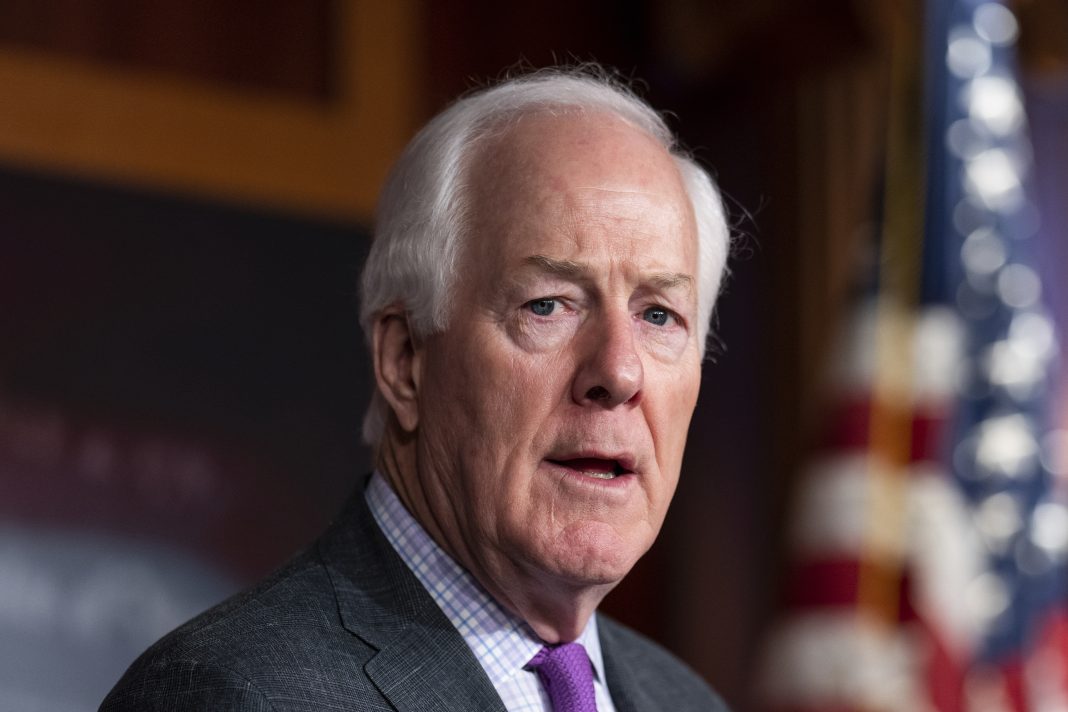Title: The Threat to Nonprofit Media: Criticizing Israel May Result in Loss of Tax-Exempt Status
Introduction:
Accusations of supporting terrorism have become alarmingly common, targeting not only student activists but also U.S. news outlets. Lawmakers and public officials have baselessly insinuated that these news organizations provide material support for Hamas, even going as far as threatening prosecution. While these accusations were political stunts, a new bill could potentially empower the government to revoke the tax-exempt status of nonprofit news outlets, such as The Intercept, if they offend the government. This article explores the implications of this bill and its potential impact on press freedom.
The Overreach of Material Support Laws:
Material support for terrorism is already illegal, but existing laws have been criticized for their overbreadth and potential for abuse. These laws not only pose a threat to free speech but also humanitarian aid providers. Recent opposition to the bill highlights concerns about revoking the tax-exempt status of pro-Palestine student groups and retaliating against them. This raises questions about whether the press is exempt from such overreach.
Unfounded Accusations Against News Outlets:
Elected officials have called for terrorism investigations into prominent news outlets like the New York Times, Reuters, CNN, and the Associated Press. These accusations were based on allegations that these outlets bought photographs from Palestinian freelancers who covered Hamas’s attacks. However, the accusations were later debunked by an organization called HonestReporting, which admitted to having no evidence and merely asking questions. Despite this, U.S. officials still surmised that hiring Palestinian freelancers with contacts in Hamas made news outlets terrorism financiers.
The Threat to Press Freedom:
One concerning aspect is that state attorneys general floated the theory that the outlets’ reporting itself could evidence support for Hamas. This raises concerns about chilling reporting that does not unequivocally condemn Hamas or unilaterally support Israel. Members of Congress, including Sen. Tom Cotton, have echoed these unfounded accusations and demanded information from news outlets, potentially infringing on source protection. The bill’s backers have also shown intentions to target nonprofits that promote conduct counter to public policy, even if they are not accused of supporting terrorism.
Impact on Nonprofit News Outlets:
Revocation of tax-exempt status would be detrimental to nonprofit news outlets already struggling financially. It would hinder their ability to conduct in-depth investigative journalism that is rarely profitable. This prospect would not only chill reporting on Israel but also on U.S. foreign policy in general. Additionally, press freedom organizations that journalists rely on to protect their rights would also face threats.
The Broader Context:
This bill is part of a series of “national security” legislation that poses risks to press freedom. President Joe Biden recently signed a bill allowing intelligence agencies to enlist any “service provider” to aid in foreign surveillance, potentially compromising journalists’ sources. While immediate conscription of reporters or shutting down nonprofit news outlets is unlikely, history has shown that once officials are given power over journalists, they inevitably abuse it. The article concludes by cautioning against passing unnecessary laws that could be used to harass and silence journalists who do not conform.
Conclusion:
The bill that could result in the loss of tax-exempt status for nonprofit news outlets raises significant concerns about press freedom and the potential for government overreach. Accusations against news outlets without evidence and the threat of prosecution are alarming trends that undermine the role of the press in a democratic society. It is crucial to protect the independence and integrity of nonprofit media organizations to ensure a robust and diverse media landscape.


